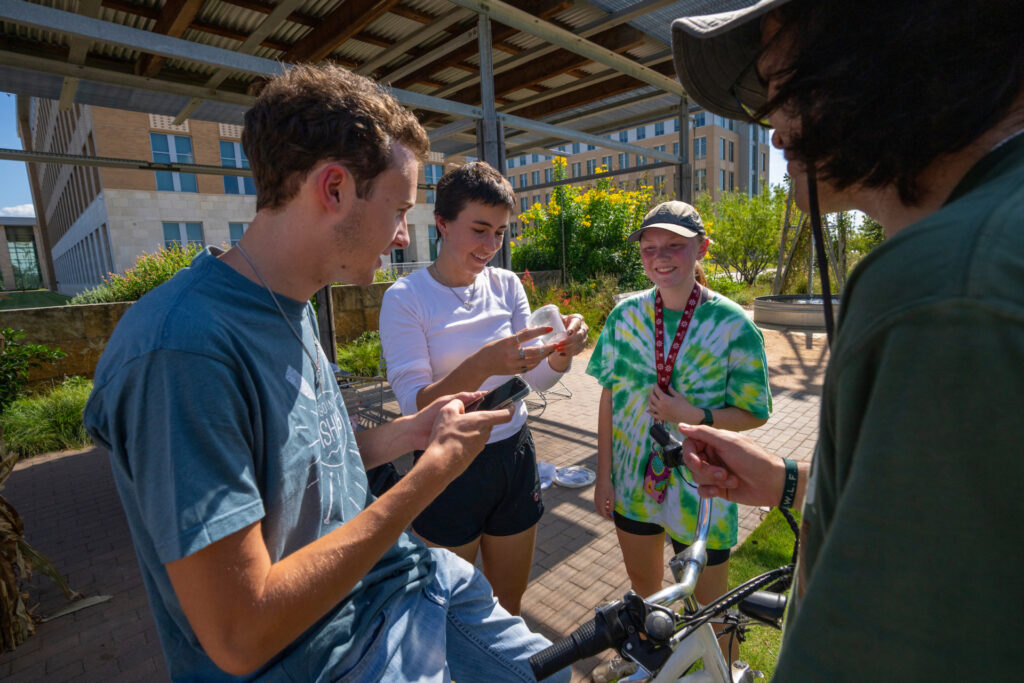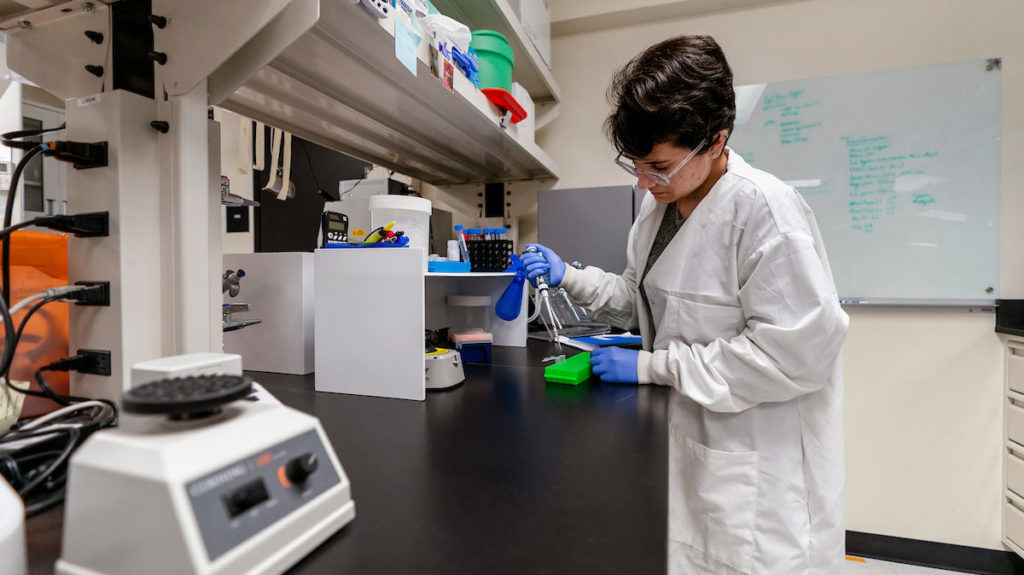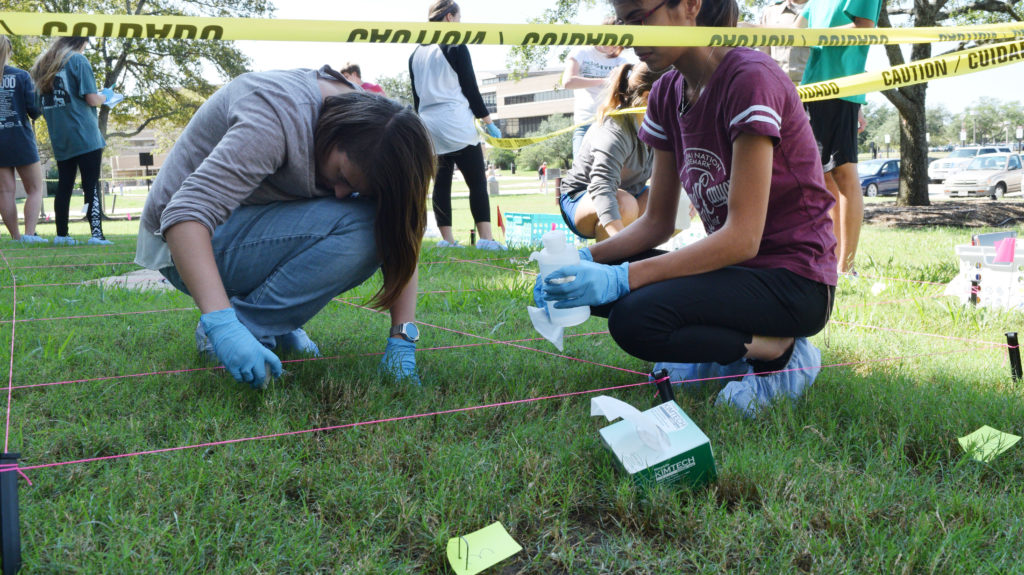
Undergraduate Degrees
The Texas A&M University Department of Entomology is one of the top entomology departments in the United States. We offer two undergraduate degrees: a Bachelor of Science in entomology and a Bachelor of Science in forensic and investigative sciences.
Our forensic and investigative sciences degree is the only bachelor’s degree in Texas that is nationally accredited by the Forensic Science Education Programs Accreditation Commission (FEPAC) of the American Academy of Forensic Sciences. Both undergraduate degrees provide students with the necessary curriculum requirements to pursue graduate study in entomology, as well as in other professional fields, such as law and medicine.
If you are interested in a tour of the Texas A&M University campus, view the Visitor Center webpage to sign up for an on-campus tour or find a virtual visit.
Double Major, Minor, and Certificate in Public Health Entomology
The Department of Entomology at Texas A&M University offers double majors, minors and certificates to complement your degree and give you the competitive edge you need to succeed after graduation.
Participate in the Undergraduate Honors Program
The Department of Entomology at Texas A&M University offers an enhanced learning experience to qualified students majoring in entomology or forensic and investigative sciences. This opportunity challenges students with honors coursework and opens them up to field work, research and professional development opportunities.
Department of Entomology undergraduate news

Texas A&M entomology student organizations partner to strengthen interest in research opportunities
Research mentorship is a powerful component of the student experience in the Department of Entomology in the Texas A&M College of Agriculture and Life Sciences. Classroom interaction, hands-on laboratory research experience and the transfer of knowledge that graduate students and undergraduate juniors and seniors usually pass on to younger classmates is more important than ever after two years of COVID-related restrictions. Two of the department’s student organizations have collaborated to help re-engage students with the many undergraduate research projects mentored by faculty, postdoctoral researchers and graduate students.
Have Questions?
For degrees or admissions questions:
For general questions:

